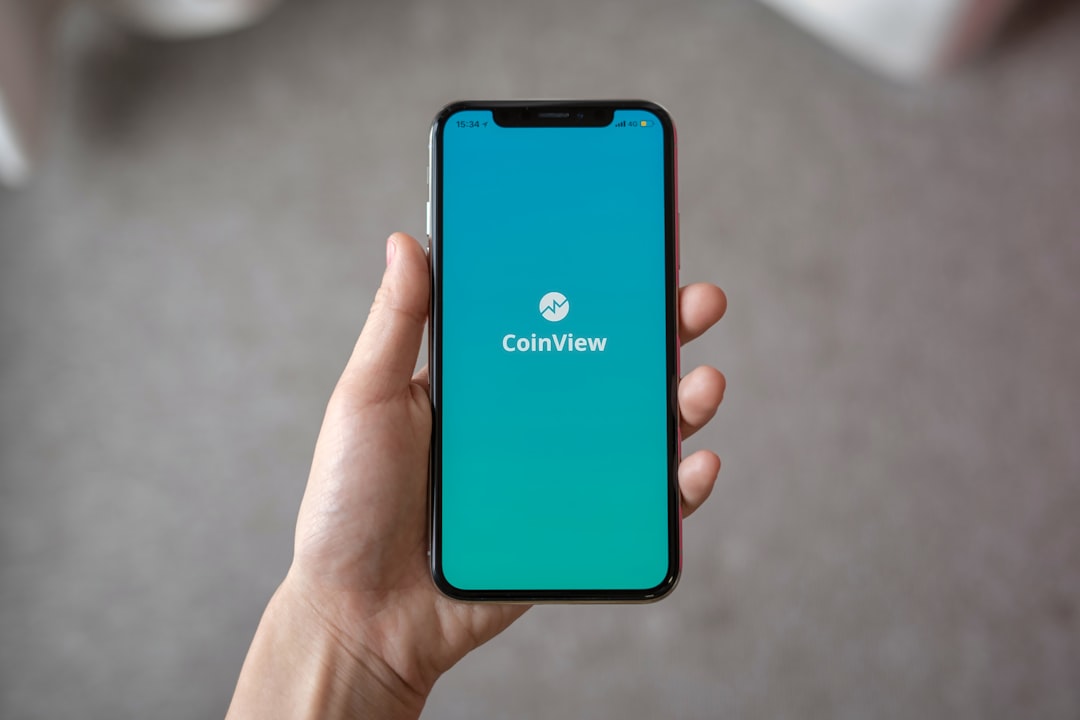In Oregon, charity solicitation via robocalls is regulated by state and federal laws, with the Oregon Public Utility Commission (OPUC) playing a key role. Consumers can seek help from specialized robocall lawyers or law firms to navigate these regulations and stop unwanted calls. Businesses must adhere to strict rules and can engage reputable robocall attorneys to avoid litigation. Individuals facing robocall disputes can document call details and seek legal action, with options including compensation, blocking calls, and privacy enforcement. Key entities involved include the Oregon Department of Justice (DOJ), Federal Trade Commission (FTC), FCC, and OPUC.
“In an era dominated by automated communication, charity solicitation robecalls have become a prevalent yet controversial practice in Oregon. This article delves into the complex legal framework surrounding these calls, offering a comprehensive guide for both consumers and businesses. From understanding the state’s robocall laws to navigating dispute resolution, it explores the rights and responsibilities of all parties involved. Whether you’re seeking a robocall lawyer Oregon or want to know your robocall attorney Oregon options, this piece provides insights into robocall law firms Oregon and how to handle unsolicited calls effectively.”
Understanding Robocall Laws in Oregon: A Legal Perspective

In Oregon, the regulation of robocalls, particularly those used for charity solicitation, is governed by a combination of state and federal laws. The Oregon Public Utility Commission (OPUC) plays a pivotal role in enforcing these regulations, ensuring that automated calls comply with consumer protection standards. The Telephone Consumer Protection Act (TCPA), a federal statute, also applies, offering substantial remedies to consumers who receive unwanted robocalls. Oregon’s specific laws, such as those regarding telemarketing and robocalling practices, are designed to balance the rights of charities and consumers alike.
Robocall lawyers in Oregon, or robocall attorneys as they’re often referred to, specialize in navigating these complex legal frameworks. Their expertise lies in helping clients understand their rights under both state and federal laws, advising on best practices for robocall compliance, and representing individuals or organizations facing legal issues related to charity solicitation robocalls. Top-rated robocall law firms in Oregon offer comprehensive services, including legal advice, dispute resolution, and representation in court, catering to the unique needs of clients in this evolving legal landscape.
Who Regulates and Enforces These Rules?

In Oregon, the regulation and enforcement of charity solicitation robocalls are overseen by multiple entities to ensure compliance with state laws protecting consumers from unwanted and deceptive calls. The primary regulator is the Oregon Department of Justice (DOJ), which enforces the state’s Telemarketing Laws and regulates charitable solicitations through its Division of Consumer Services. This division investigates complaints related to robocalls, including those promoting charitable causes, and takes appropriate legal action against violators.
Additionally, the Federal Trade Commission (FTC) plays a crucial role in monitoring and enforcing federal laws pertaining to telemarketing practices, including robocalls. While the FTC’s jurisdiction extends nationwide, it often collaborates with state regulators like Oregon’s DOJ to combat fraudulent or abusive solicitation activities. As such, individuals facing issues with charity solicitation robocalls in Oregon may seek assistance from a specialized robocall lawyer Oregon or a reputable robocall law firm Oregon that understands the intricate legal landscape surrounding these calls and can provide effective representation.
Types of Robocalls and Their Legal Implications

Robocalls, automated phone calls that deliver pre-recorded messages, have become a ubiquitous part of modern communication. In the context of charity solicitation, these calls can carry significant legal implications. Types of robocalls include those promoting charitable causes, soliciting donations, or even attempting to sell products and services. While some forms of robocalling are regulated by federal laws like the Telephone Consumer Protection Act (TCPA), state-specific regulations also come into play, especially when dealing with charity solicitations.
In Oregon, a “robocall lawyer” or “robocall attorney” can guide individuals and organizations navigating these legal waters. Robocall law firms in Oregon are well-versed in the state’s laws regarding telemarketing and charitable solicitations, ensuring compliance to avoid penalties. These experts can advise on best practices for charity solicitation robocalls, helping to protect businesses and charities from potential legal issues while effectively reaching donors. They can also represent clients facing disputes or lawsuits related to such calls, providing a crucial service for those seeking to navigate Oregon’s legal framework.
Rights of Consumers and Businesses Alike

In Oregon, both consumers and businesses have rights when it comes to charity solicitation via robocalls. For consumers, these automated calls can be intrusive and annoying, but state laws protect them from excessive or unwanted calls. If a consumer feels their privacy is violated or consents to receive such calls, they may take action against the offending party with the help of a robocall lawyer Oregon.
Businesses, on the other hand, have a legitimate interest in charitable fundraising, but they must adhere to strict regulations. Oregon’s robocall laws ensure fair practices, giving businesses the freedom to promote their causes while respecting consumer rights. Engaging the services of a reputable robocall attorney Oregon can help businesses navigate these legalities, ensuring compliance and minimizing the risk of litigation.
Strategies for Addressing and Resolving Robocall Disputes

When faced with persistent or unlawful robocalls, individuals in Oregon have legal recourse through a robocall lawyer or robocall attorney. The first step is to identify and document the source of the calls, including any recorded messages and call metadata. This information can serve as crucial evidence when filing a complaint with state or federal regulators, such as the Federal Communications Commission (FCC) or Oregon’s Public Utility Commission (PUC).
Oregon’s legal framework provides mechanisms for resolving robocall disputes, often involving mediation or administrative proceedings. A robocall law firm in Oregon can guide individuals through these processes, ensuring their rights are protected. Legal action may include seeking damages, blocking future calls, or compelling call centers to adhere to privacy and consumer protection laws. Engaging a qualified robocall lawyer Oregon residents trust can significantly enhance the chances of resolving these disputes effectively.






